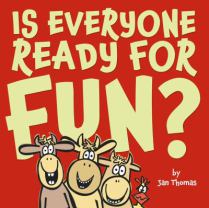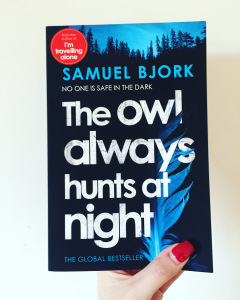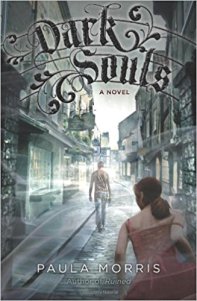I think this is the only Stasiuk’s book I read, I remember few years ago I accidentally went to his author’s night and, as it sometimes happens, felt an instant dislike for him as a person, everything he said felt irritatingly arrogant to me. Obviously after that I never felt the urge to read his books (this is one of the reasons I avoid reading about writers, it affects the way I perceive their writing, Hemingway is still a no go for me). Then during my vacation in June I came across this one in my mother’s house and I thought I’d give it a shot, it’s been few years since the author’s night and I decided to try and pretend I know nothing about the author.
I wouldn’t call it a roaring success, but still I liked the book. It is a series of literary vignettes from travels around Poland, Russia, Mongolia etc. Stasiuk records impressions, memories, musings and thoughts. While I do not sympathize with his fondness of the ruined, decrepit and dirty I understand that he is trying to record something very fleeting, Eastern Europe and Western Asia (if you will allow me to invent a new geographic region) are changing rapidly, they often reject their past and traditions in the process, Stasiuk glorifies them a bit too much for my liking, but nonetheless he does an important job of recording the current state, this fluctuating change. He treats past as the place we originate from, for him it is never just about present and future, everything has its roots in the past.
I must admit that his observations are also sharp at times, I was reading this book in Łeba, a seaside resort in Poland, and one if the chapters is about a resort like this, full of screaming children, kebabs, pizzas, everyone sweaty and crowding on one another, but yet everyone somehow spending their time separated, without any real contact. I was reading, then lifting my head to look around and nodding my head. Another very funny one was about a Polish winter resort, Zakopane, and how geared for tourism it became, how things were sacrificed to make more money, and about how our proud highlanders actually came from the Balkans, but would be mortally offended if anyone told them (I actually had a chance to confirm this, when my friend from Bulgaria went with me to Zakopane and when she heard traditional Polish highlanders music started arguing that it’s a Bulgarian song :)).
Those were the funny bits, but more often than not Stasiuk is more lyrical and poetic, he often writes about death and passing of the time, he does not fight it, just tries to accept it as a fact of life. I felt like he tried to convince himself that after a long fulfilled life death may be less horrible, that maybe we can reach a point when we’re satiated. What I liked about this book is that Stasiuk looks and sees things, he thinks about them instead of merely watching.
Here’s an imperfect translation of one of my favorite quotes from this book:
‘And yet I like the ugliness of my country. It is unique. Nowhere in the world is there another one like it.’
Here you can find translations of some of his other books.
This is book #13 of my 20 Books of Summer hosted by Cathy at 746books.
See my list as it grows here.






